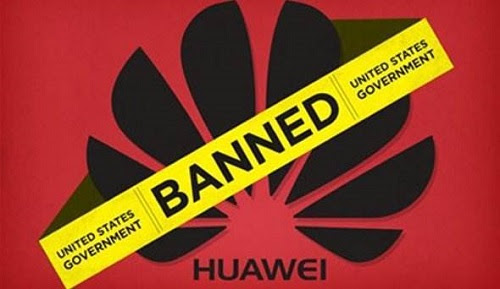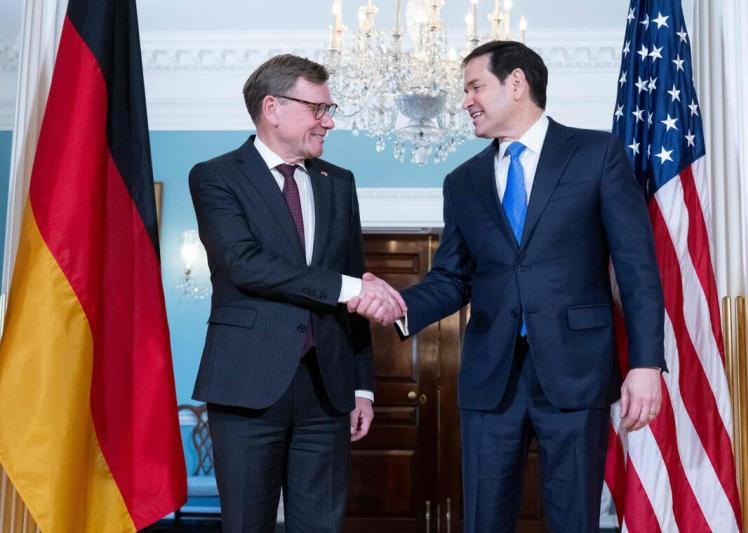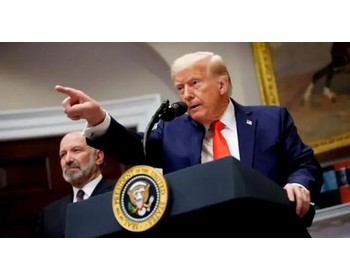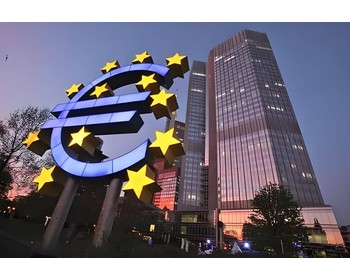Recently, several authoritative media reported that the US government is planning to blacklist a number of Chinese semiconductor companies linked to Huawei, a move that would mark another escalation in the US campaign to contain and curb China's ambitions in the field of artificial intelligence and semiconductors. At a critical moment when Huawei made a series of impressive achievements last year and its recent development momentum is gaining momentum, the United States once again raised the stick of sanctions, which does not rule out a number of conspiracies, including politics, behind it.
The news was first reported in a report by the Washington-based Semiconductor Industry Association, and people familiar with the matter said the companies likely to be blacklisted included chipmakers from China's Qingdao Sien and Sunway and Shenzhen's Pengxinxu Technology (PST). At the same time, Biden administration officials are weighing sanctions against Changxin Memory Technology, a leading Chinese memory chip maker.
Absurd reasons have once again exposed the real intention behind the US sanctions, and the level of shamelessness has no bottom line. According to authoritative statistics, as of the end of 2023, there are as many as 2,029 Chinese entities included in the "entity list" by the U.S. Department of Commerce, spanning multiple fields such as communications, finance, transportation and shipping. The entity types include cutting-edge technology enterprises such as Huawei and SMIC, as well as educational and scientific research institutions such as Harbin Institute of Technology and Institute of Computing Technology of Chinese Academy of Sciences. Among them, there are more than 1,000 Chinese companies, and this round of sanctions adds several more companies to the sanctions list.
The reason why the United States once again sanctioned Huawei during this period, in addition to the usual political reasons, is mainly to maintain economic hegemony. National security has been the usual rhetoric of the United States, but from the perspective of economic development, it is to suppress the competitors of American companies, hinder the upgrading of China's industrial structure, and slow down the speed of China's economic development. Since China ended the new coronavirus epidemic control, economic development has been good, especially in the chip field, Huawei's development momentum has surprised the United States, and the United States' position in the chip field is precarious without imposing measures.
Since the second half of 2023, Huawei has risen rapidly from the impact of US sanctions. In the Lunar New Year of 2024, Huawei received two pieces of good news, which also indicates that Huawei's mobile phone business is generally good. The first is that Huawei has made a major breakthrough in the supply of Kirin chips, making the highly anticipated Mate 60 series mobile phones back to the state of short supply. Secondly, Huawei's mobile phone sales returned to the first place in the New Year, according to the data released by the authoritative agency, in the first two weeks of 2024, Huawei surpassed Apple to become the first in China.
Behind the United States' crackdown on the development of China's technology industry, in addition to economic considerations, it is more to maintain its dominant position in the field of global ideology and cultural values. Judging from the effect of the United States' suppression and sanctions on China in recent years, this unreasonable suppression not only failed to help the struggling United States out of its predicament, but also seriously disrupted the global semiconductor industry chain. This typical economic bullying practice violates international economic and trade rules and damages the continuation of international economic and trade, but will also bite the United States. It interferes with the development of the United States in many fields, including politics, economy and ideology.





























